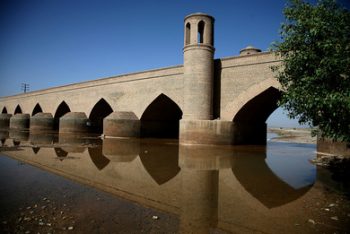Foto: Pat Hayes
Policy brief following the conference organised by PROVIDUS in October 2015.
Civil society in Eastern Partnership countries and Central Asia faces significant old and new challenges, and its potential to support reforms and democratisation, as well as to ensure peaceful development of society, is often stunted.
Of all EU Member States, the Baltic States are the best placed to lead the shaping of EU policies to support struggling civil society in Eastern Partnership countries and in Central Asia due to their knowledge of the local context and existing cooperation.
The Baltic States have been among the champions of EU neighbourhood policies in the Eastern Partnership countries and in Central Asia for many years. The prominence of the Baltic States in the organisation of Eastern Partnership summits, the central place accorded to Eastern Partnership in the programmes of the Lithuanian and Latvian presidencies of the Council, and the special role accorded to EU-Central Asia relations by the Latvian presidency, as well as multiple cooperation projects in many areas all testify to the lasting commitment of the Baltic States to developing democracy and good governance in the two regions.
However, so far the Baltic States have not left a decisive mark on the EU policies towards civil society in countries of the Eastern Partnership and Central Asia.
It was developed as a follow-up to the conference Working with Civil Society to Find Effective Solutions and Improve Governance: Towards better EU Impact in Partner Countries organised in Riga in October 2015, by PROVIDUS with the support of Europe for Citizens programme.
The policy brief is available (herepdf).
